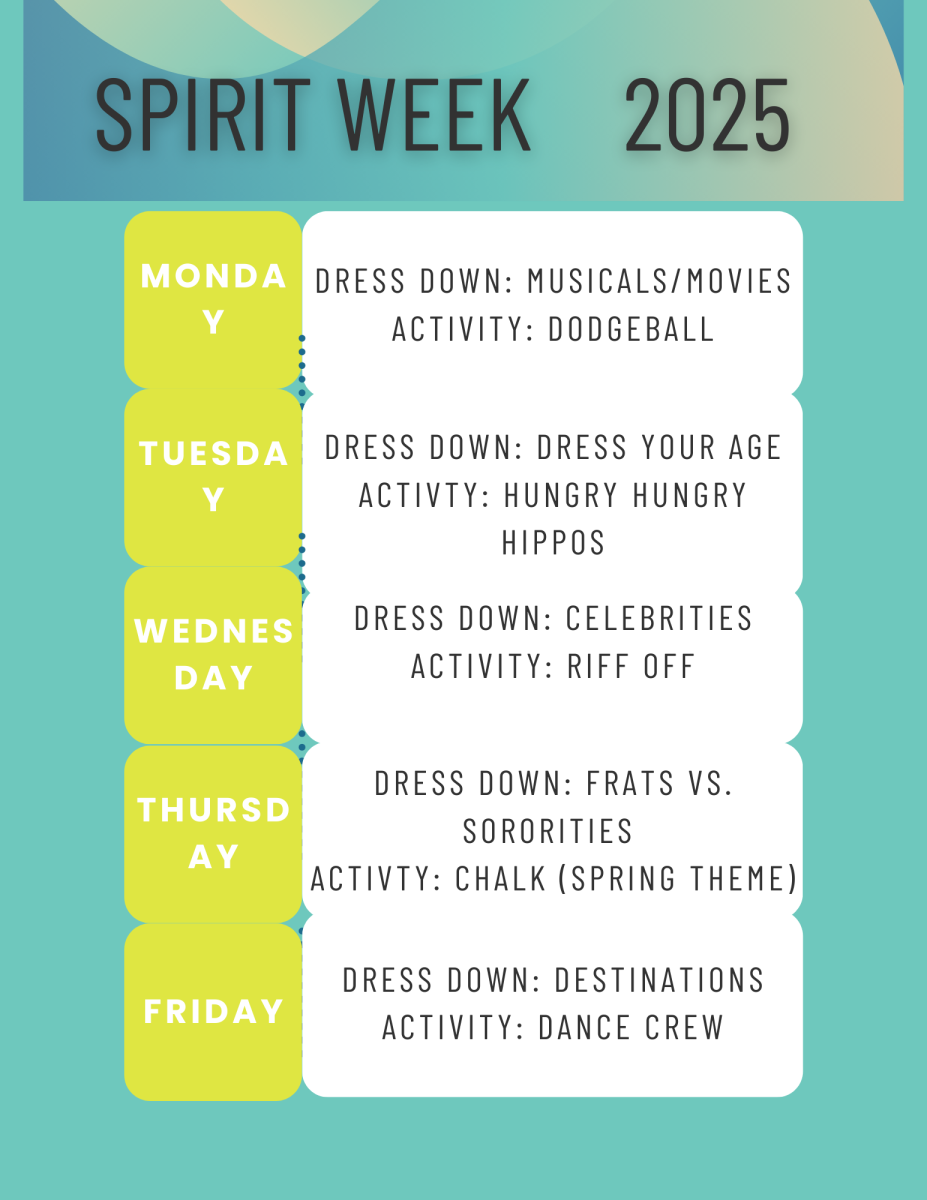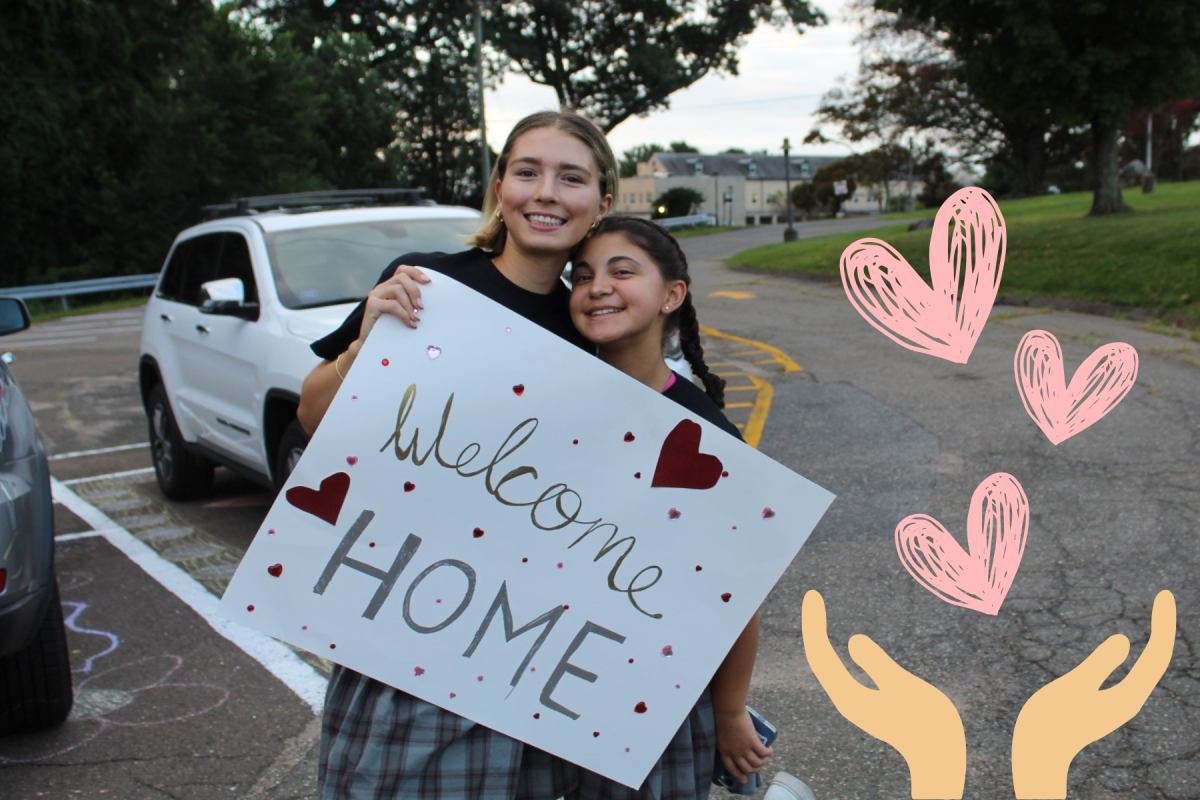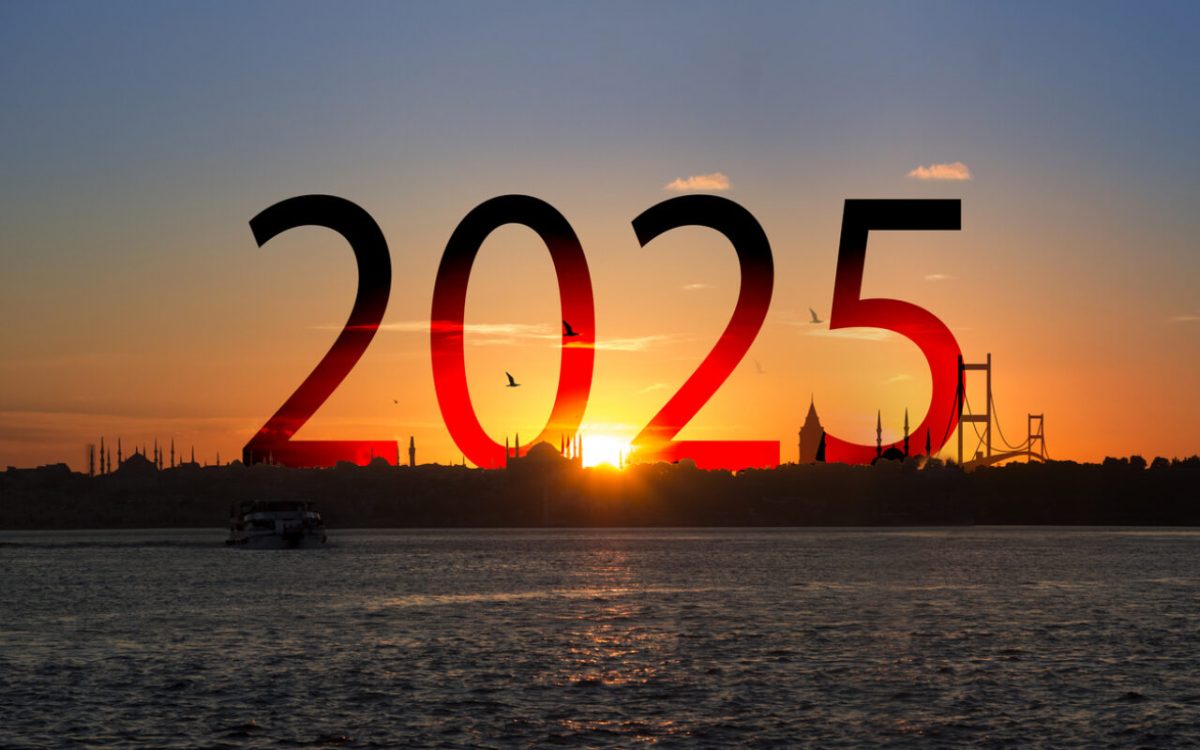As natural disasters wreak havoc around the world, governments are left to react, respond, and rebuild after they have occurred. Natural disasters can take place anytime and anywhere; they are inevitable. Floods, hurricanes, earthquakes, wildfires, and tornadoes can cause unimaginable damage. These acts of nature leave behind debris, rubble, and wreck that governments are left to deal with. On September 11, a devastating flood in Libya washed away buildings and homes, leaving thousands dead. In Libya, the government should have been prepared to react and respond to these natural disasters. Libya’s government should have adequate recovery strategies before natural disasters occur, such as building codes, that will lower the costs of recovery after a disaster.
Derna, Libya was affected by a flood on September 11, 2023, that swept away entire neighborhoods and killed over 11,000 people. The flood occurred after two dams outside the city collapsed during Storm Daniel. Twenty thousand people have been left homeless and without basic necessities. Tamer Ramadan, the Libya envoy to the International Federation of Red Cross and Red Crescent Societies says, “The humanitarian needs are huge and much more beyond the abilities of the Libyan Red Crescent and even beyond the abilities of the governments.” Libya’s government is not equipped to handle this type of disaster.
What happened to Libya is not merely a result of the natural disaster. “Experts say that corruption, poor maintenance of public infrastructure – and years of political infighting, with Libya divided between two rival administrations – have made the country unprepared to tackle an event like Storm Daniel.” In 2003, Swiss engineers said that the dams were under stress, and they recommend building a third dam to make the other two stronger. The three companies hired to repair the dams fled the country when Moammar Gadhafi was overthrown in 2011. Three years later, Libya’s government was split into two administrations – one in the west in the capital, Tripoli and one in the east. After years of neglect, the dams finally gave out when Storm Daniel put an immense amount of pressure on the dams. This disaster shows how Libya’s governmental corruption and neglect has impacted the citizens of the country.
According to FEMA, building codes are one of the most cost-effective ways to safeguard our communities against natural disasters. By following proper building codes, casualties, and the cost of building after natural disasters is reduced. Building codes could have limited the amount of damage and death that Libya faced. Libya’s weak building infrastructure made them more susceptible to damage. Therefore, their buildings were swept away by the flood.
Libya received international aid after the flood, including from the United States. The U.S. Agency for International Development (USAID) provided $1 million in humanitarian assistance to help the people of Libya. They have also activated a Disaster Assistance Response Team (DART) to the North Africa region to lead the U.S. government’s humanitarian response. This raises doubts about the government’s ability to respond to natural disasters. If they had a well-rounded, strong government, they would have been able to bounce back right after the flood. Instead, they are struggling to provide shelter and basic necessities for the community. Access to clean water has been a struggle for the citizens of Derna since the flood has contaminated their water sources with sewage, this has left them with an increased risk of water-borne diseases spreading. There have been at least 150 people who suffered from diarrhea after drinking the contaminated water in Derna.
The people of Libya mourn loss of life, especially preventable loss of life. The United Nations said that most of the deaths could have been avoided. If proper warning systems were put in place, people would have been alerted to the coming of the flood. This would have allowed them to evacuate, and casualties would have been prevented. If the damns were properly maintained by the Libyan government, the damage the flood caused could have been reduced. While we can’t go back in time to improve building infrastructure and emergency warning systems, we can learn from this experience. Governments can invest in natural disaster preparedness and relief efforts to reduce the risk of death and damage.
These problems aren’t limited to Libya. In the United States, there were wildfires in Maui, Hawaii. Hawaii did not activate any of the 80 warning sirens during the fire. The people living in Hawaii didn’t see the wildfires coming; they were unprepared. If the government turned on the tsunami sirens, people would have known to evacuate, potentially avoiding deaths. Like Libya we need to make sure our government put regulations and warning systems that keep people safe. It’s always shoulda, woulda, coulda. Governments need to be proactive instead of reactive and people shouldn’t have to die for things to change. Natural disasters are unpredictable, but governments should always prepare for the worst-case scenario. With proper preparation, damage and death could be avoided.
The flood in Libya serves as a reminder that governments should adequately prepare for natural disasters to limit the amount of damage communities face. While natural disasters are inevitable, governments should have adequate recovery strategies before they occur, such as adopting modern building codes. The devastation in Libya is not merely a result of the flood. Libya’s lack of preparedness and corrupt government accounts for some of the damage and death the country faced. It is crucial for governments to be prepared for natural disasters in order to lower the cost of recovery after a disaster.
For more information on this topic:
Pietromarchi, Virginia. “Natural Disaster or Man-Made, Why Was Libya so Vulnerable to Floods?” News | Al Jazeera, Al Jazeera, 15 Sept. 2023, www.aljazeera.com/news/2023/9/14/natural-disaster-or-man-made-why-was-libya-so-vulnerable-to-floods.
Faucon, Benoit and Malsin, Jared. “WSJ News Exclusive | behind Libya’s Dam Catastrophe Lies a Long Trail of Conflict and Corruption.” The Wall Street Journal, Dow Jones & Company, 25 Sept. 2023, www.wsj.com/world/behind-libyas-dam-catastrophe-lies-a-long-trail-of-conflict-and-corruption-fa58c57?mod=Searchresults_pos1&page=1.
Protecting Communities and Saving Money – Fema.Gov, www.fema.gov/sites/default/files/2020-11/fema_building-codes-save_brochure.pdf. Accessed 3 Oct. 2023.
“How to Help after the Floods in Libya.” The IRC, www.rescue.org/article/how-help-after-floods-libya. Accessed 15 Oct. 2023.
“Un Warns of Potential ‘second Devastating Crisis’ from Contaminated Water in Wake of Libya Floods | CBC News.” CBCnews, CBC/Radio Canada, 18 Sept. 2023, www.cbc.ca/news/world/libya-floods-contaminated-water-disease-1.6970461#:~:text=Libya%27s%20Red%20Crescent%20has%20said%20at%20least%2011%2C300,with%20about%204%2C000%20people%20killed%20and%209%2C000%20missing.
Haq, Celine Alkhaldi, Sana Noor. “Most Deaths in Libya Floods Could Have Been Avoided, UN Says, as Fears Grow for Thousands Missing.” CNN, 14 Sept. 2023, www.cnn.com/2023/09/14/world/libya-floods-un-deaths-intl/index.html.
Erik Ortiz, Aria Bendix, Phil McCausland, Andrew Blankstein. “Hawaii’s Emergency Warning Sirens Weren’t Activated to Alert Residents, Agency Says.” NBC News, 11 Aug. 2023, www.nbcnews.com/news/us-news/hawaiis-emergency-warning-sirens-werent-activated-alert-residents-agen-rcna99475.







